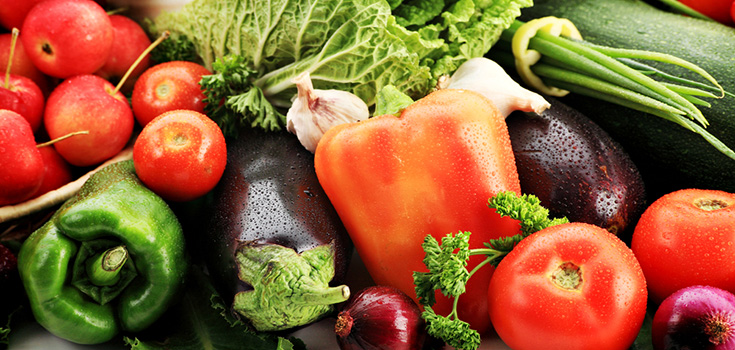Slash Your Risk of Stroke with Magnesium

A new study evaluating past research on magnesium adds to the evidence that a diet rich in magnesium leads to a lower stroke risk. But while magnesium-rich foods were shown to lead to a lower risk of stroke, the research didn’t determine whether a magnesium supplement would have the same effect or not. It is not entirely known whether a supplement containing only magnesium would have the same effect as foods such as leafy vegetables, nuts, beans, and whole grains, which contain more nutrients and minerals than just magnesium.
Foods Rich in Magnesium Shown to Lower Stroke Risk
Researchers evaluated seven studies previously published over the span of 14 years. Approximately 250,000 people in the United States, Europe, and Asia were followed for 11.5 years on average, with 6,500 of them (3 percent) having had a stroke during the time they were followed. What the researchers noticed was that for every addition of 100 milligrams of magnesium a person consumed per day came a reduced risk of an ischemic stroke by 9 percent.
While magnesium has always been known to be a very powerful mineral in general, a study involving 3,713 postmenopausal women has shown that it also possesses amazing anti-inflammatory properties. Magnesium could be of great aid to those who wish to avoid the unreliable and dangerous effects of anti-inflammatory pharmaceuticals. It has also been found that magnesium can protect against diabetes.
A study led by Dr. Ka from the University of North Carolina at Chapel Hill has found a surprising relationship between magnesium and type 2 diabetes. The study discovered that individuals who ingested the highest amount of magnesium from foods and vitamin supplements slashed their risk of diabetes more so than those who consumed it in lower amounts.
Greens such as spinach are fantastic sources of magnesium, due to the fact that the middle of the chlorophyll molecule (which provides vegetables their color) contains magnesium. Some legumes (beans and peas), seeds and nuts, and whole, unrefined grains are also good sources of magnesium.

"But while magnesium-rich foods were shown to lead to a lower risk of stroke, the research didn’t determine whether a magnesium supplement would have the same effect or not."
Therefore, the reduction in stroke risk may have been brought about by something else that those foods contain — such as dietary fiber. The conclusion should be to eat more of those foods — because taking a magnesium supplement might not achieve the same result.
Great article thank you.